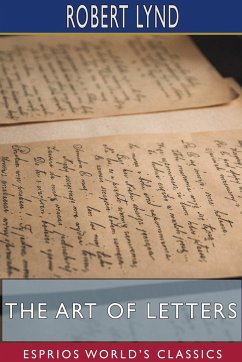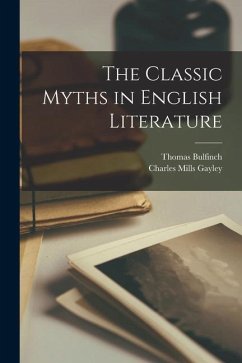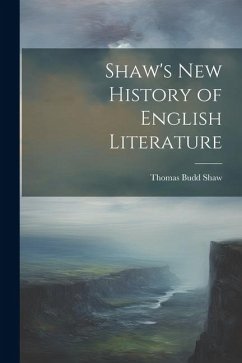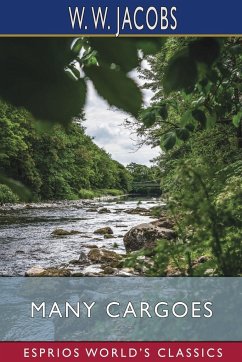Nicht lieferbar
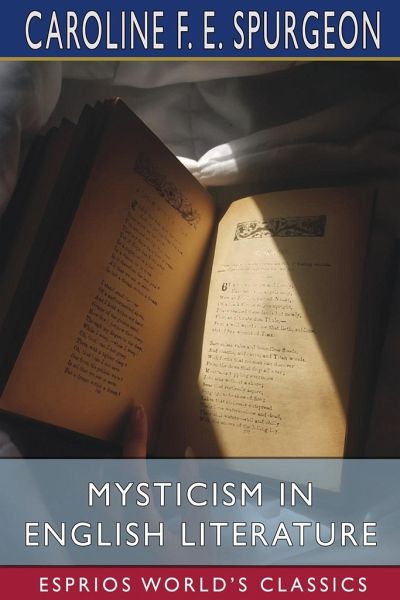
Mysticism in English Literature (Esprios Classics)
Versandkostenfrei!
Nicht lieferbar
Caroline Frances Eleanor Spurgeon (24 October 1869, India - 24 October 1942, Tucson, Arizona) was an English literary critic. In 1913, she was appointed Hildred Carlisle Professor of English at the University of London and became head of the Department of English at Bedford College, London. She was the first woman to be awarded a chair at the University of London, and only the third in Britain (after Edith Morley and Millicent Mackenzie). She co-founded the International Federation of University Women with Dr. Virginia Gildersleeve. Caroline Spurgeon was educated at Cheltenham Ladies' College,...
Caroline Frances Eleanor Spurgeon (24 October 1869, India - 24 October 1942, Tucson, Arizona) was an English literary critic. In 1913, she was appointed Hildred Carlisle Professor of English at the University of London and became head of the Department of English at Bedford College, London. She was the first woman to be awarded a chair at the University of London, and only the third in Britain (after Edith Morley and Millicent Mackenzie). She co-founded the International Federation of University Women with Dr. Virginia Gildersleeve. Caroline Spurgeon was educated at Cheltenham Ladies' College, Dresden and at King's College London and University College London. She is known as the first female university professor in London, the second in England.





